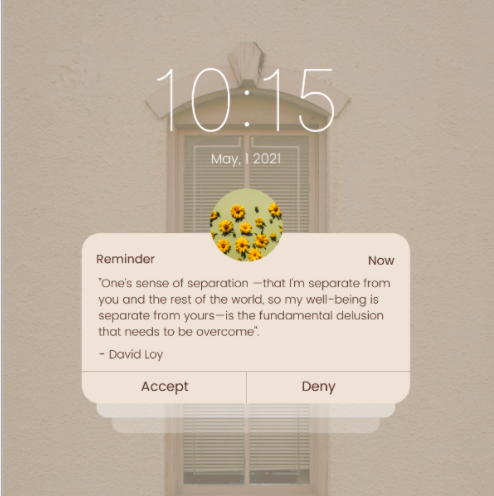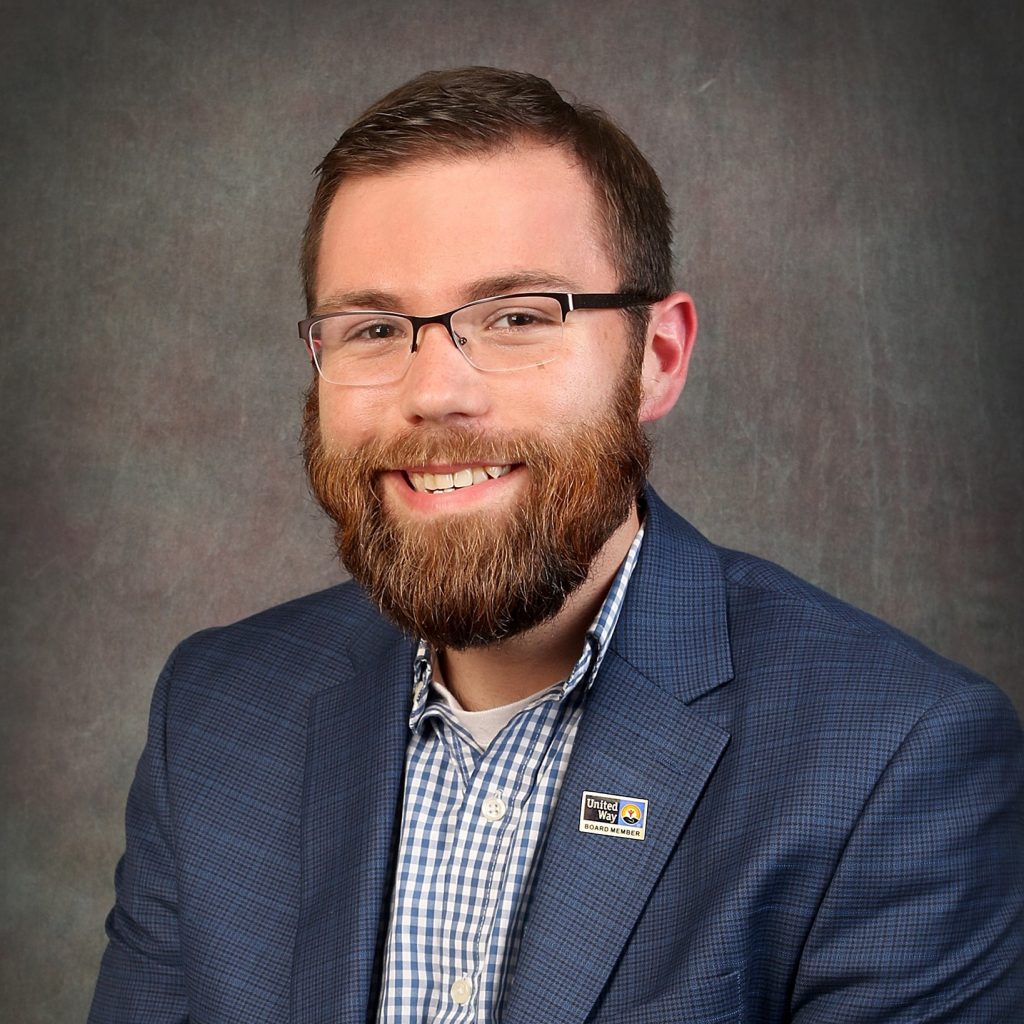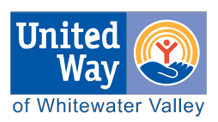Our Bootstraps are Worn and Torn
May is Mental Health Awareness Month, which is an opportunity to highlight some big topics about our health and wellness. One issue that could use the spotlight sounds simple but is tough for a lot of people. This challenge I’m refereeing to is seeking help.
Think about the last time you asked for help. How was that for you?
You may have asked for advice or support in fix something or solving a problem.
Or you may have been like me who historically never asks for help. Never picking up the phone, never reaching out. We have heard the phrase forever, “pull yourself up by your boot straps”. It’s a prompt to remind us of one of the most profound fallacies that we have ever been told. However, the misunderstanding is that we should take care of ourselves by ourselves. That our struggles are ours and ours alone. This leads to the idea that we all should be able to navigate life’s challenges without support others.
I’m here to tell you that we need some clarification on this idea. I’m here to tell you that our bootstraps are worn, torn, and falling apart.

The truth, however, can be found in this quote by David Loy:
“One’s sense of separation —that I’m separate from you and the rest of the world, so my well-being is separate from yours—is the fundamental delusion that needs to be overcome”.
We Are Struggling Together
Our struggles are far from separate from one another. Our struggles are everyone’s struggles which points to the fact that everyone struggles. We all have times in our life when we may feel stuck, we may feel a loss of purpose. In these times of mental or behavioral struggles it is not only recommended, but it is celebrated to reach out.
Growing up in the Midwest there can be a lot of stigma and shame associated with seeking help for mental or behavioral support. In recent years we have seen an uptick in the use of mental and behavioral health services which suggests that the stigma is reducing and that we are getting more comfortable reaching out for help.
It’s okay to not be okay. It’s okay to struggle. It’s okay to take breaks. It’s not okay to keep pulling on your bootstraps because there are hands willing to help you, all you have to do is reach out for them.
Resources
Find local resources and get connected to services.
1-800-273-TALK (8255)
24-hour, toll-free, confidential suicide prevention hotline available to anyone in suicidal crisis or emotional distress. Your call is routed to the nearest crisis center in the national network of more than 150 crisis centers.
1-800-662-HELP (4357)
Also known as, the Treatment Referral Routing Service, this Helpline provides 24-hour free and confidential treatment referral and information about mental and/or substance use disorders, prevention, and recovery in English and Spanish.
The leading national organization providing crisis intervention and suicide prevention services to lesbian, gay, bisexual, transgender, queer & questioning (LGBTQ) young people under 25.
1-866-488-7386
Text START to 678678.
About the Author

Patrick Ripberger, a United Way of Whitewater Valley board member, has spent over a decade working on grassroot efforts and corporate initiatives focused on improving community wellness. Patrick currently serves as the Co-founder of Mezzo Solutions.
Connect with Patrick on LinkedIn!
